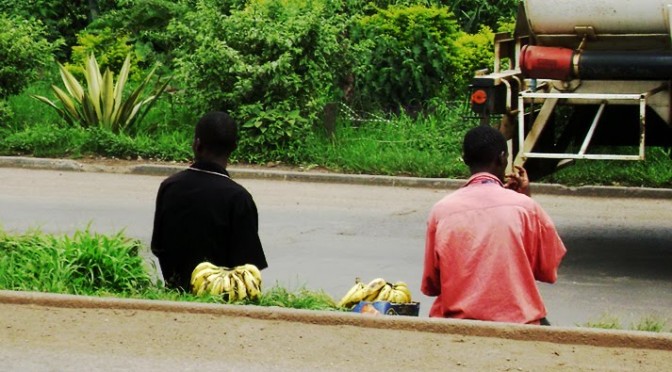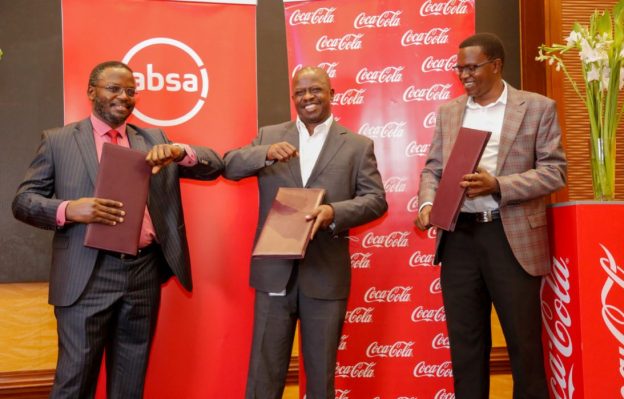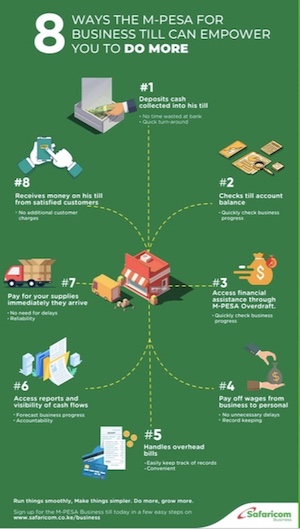Absa Kenya has been holding thought leadership seminars since their rebrand in February 2020.
This week they had an investor education connect session on wealth management, with a focus on wills, trusts and succession planning which featured Madabhushi Soundarajan (Managing Director, MTC Trust), Peter Waiyaki (Partner at Mboya, Wangong’u & Waiyaki Advocates) and Anthony Mwithiga (CEO, Absa Asset Management).
Some excerpts
Wills:
- People don’t do wills because they think they have nothing – but anyone over 18 who has been working has something to give.
- Another excuse of some educated Kenyans is they think they are courting death or will be marked for death by their families
- Can do a will in an hour or five years. It does not have to be expensive or complex.
- A will should have two things to help a will (i) a residual clause. assets grow after the will make sure any other assets be distributed the way the old “any other assets (you don’t have o make a new will (ii) creation of a testamentary trust.
- Let your family know where your will is kept. If two wills emerge, the latter one will be used. If a will is destroyed, it is not valid.
- If someone remarries, it invalidates a will because they are considered to have new dependents.
- Do not include matrimonial property should not be in a will. Or joint owner – when someone dies the spouse inherits the full property. They should not be in the will.
- Also don’t put investment or trust property in a will.
- Proof of dependence: wives and children do not need to prove they are dependents. This also includes conceived but not yet born and adopted kids. But parents or siblings of a deceased must prove they are dependent. Also in Kenya, a husband/man will have to prove he was being supported by a woman.
- Covid situation: Oral wills are only valid for 3 months and must be mentioned in the presence of two witnesses who are not beneficiaries. And for a written will, someone in a hospital, surrounded by relatives is not considered to have the freedom to write a will.
- Without a will, only the family of a deceased person can inherit from the estate. No gifts to charities, churches etc. are recognized.
- Do not put assets in a will that already have nominated beneficiaries elsewhere e.g. life insurance, pension funds.
Trusts:
- Have the philosophy of giving things up as you will nor carry your wealth to the grave – so start thinking about preservation.
- Banks are getting worried about lending to trusts.
- A trust is not a legal entity, a foundation is a better legal entity that can be created to run a school or a hospital.
- Most common are discretionary trusts and others are ones that founders can create to run businesses for their families
- A trust is a lengthy document. In a trust, you can exclude rogue children.
- To set up a trust; define the objectives, the trust structure, the beneficiaries, the trustees (ideally a corporate) and seek professional advice.
Investments:
- Use professionals e.g. in a unit trust to administer investments if you are too busy.
- If you have a vision, take a lead and invest in it so that others will follow.
- the realty over the last five year is the property prices can go down, unbelievable to many investors of 15 years ago. Covid has hit offices and malls, but there are still investments in residential, logistic and warehousing ventures.
- Attributes of an ideal asset; gives returns, it should grow, it should be liquid, be understandable and It should also be secure (legal ownership & from damage). Individuals and families have investment portfolios, as it is not possible to get one asset to full all these attributes.
- The investment universe encompasses money markets, treasury bills, bank deposits, and listed shares which now includes a New Gold ETF. Also unlisted shares (shares in a business stems/OTC), real estate, and alternatives such as derivatives, commodities, currencies and infrastructure projects which is a new asset class open to pension funds.
Suggestions:
- Everyone should discover what type of investor they are and what stage they are on the life journey to understand what to invest in.
- Think investments beyond Covid-19.
- Write a will today; there is no way of running from your dependents – except through trusts, which allow one to better organize estates.
- The best non-taxable investment in Kenya is infrastructure bonds.



